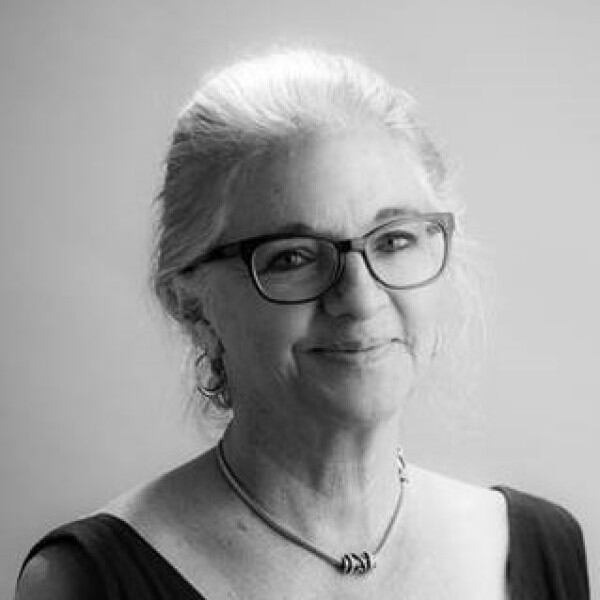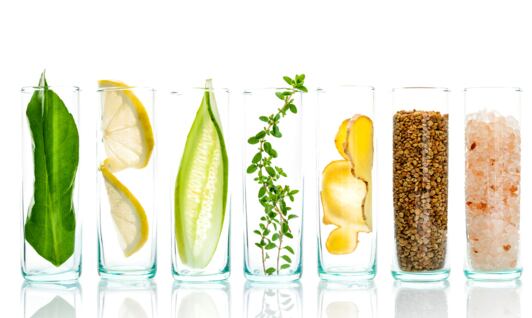The event is being held at the Prince Conference Center in Grand Rapids and will also include a social evening on September 5th, together with a full day’s conference agenda that will include ten speakers sessions on topics ranging from essential oils, to natural colorants, microbiomics and regulation.
For full details about the conference agenda, speaker bios, sponsorship, the social evening, accommodation, how to get there and registration, please see the SCC Michigan page devoted to the event by clicking here.
International regulation of natural cosmetics
One of the key presentations will be given by Gay Timmons, founder of Oh, Oh Organic, an organic and specialty ingredients distributor and consultancy, and will be focused on regulation.
Titled: ‘The State of International Regulations for Marketing Organic & Natural Cosmetics’, the presentation is due to take place from 10:15am to 11am.
Ahead of the presentation, Cosmetics Design caught up with Timmons to find out more about this area and to find out what the talking points will be in her presentation.

Defining natural and organic in different countries
Perhaps one of the defining themes for international regulation is the different interpretations of natural and organic, which Timmons actually believes is often actually down to the individual to decide.
"According to the ISO, ‘natural origin’ refers to ingredients that are more than 50% from natural sources, such as plants or minerals,” said Timmons.
“Based on that definition, over 90% of the ingredients in our washes, lotions and shampoos are of natural origin, which is the average cumulative volume, including water.”
But she also points out that companies often have their own interpretations, which evolves from the plant extracts they use, but might not agree with the legal definition provided by the EPA for ‘naturally occurring substances’.
“Since the EPA regulates chemicals and we make cosmetics out of chemicals (even water is a chemical) this makes sense,” Timmons said.
“They say it is something from a natural source like a plant or mineral or even petroleum that has been processed but the molecules that make the substance have not been changed. Expeller pressed vegetable oil or an extract of an herb into water or oil are good examples.”
Tell the truth!
There are a lot of buzz words that fly around the organic and naturals space, but some of these can get you in to trouble, as they are ambiguous. Timmons believes that the best policy to avoid getting caught out is simply to tell the truth.
“Using a 100% claim for anything should be 100% avoided. So should “All Natural" or "No Chemicals”. You can use 100% claim if you have a finished product that is certified to a standard that defines 100% organic or 100% natural. Otherwise, do not use it,” Timmons said.
“Don’t say that a product is “completely transparent” unless you know exactly how the ingredient is made. Tell the truth. Ask yourself if you know for certain that your claims are truthful.”

